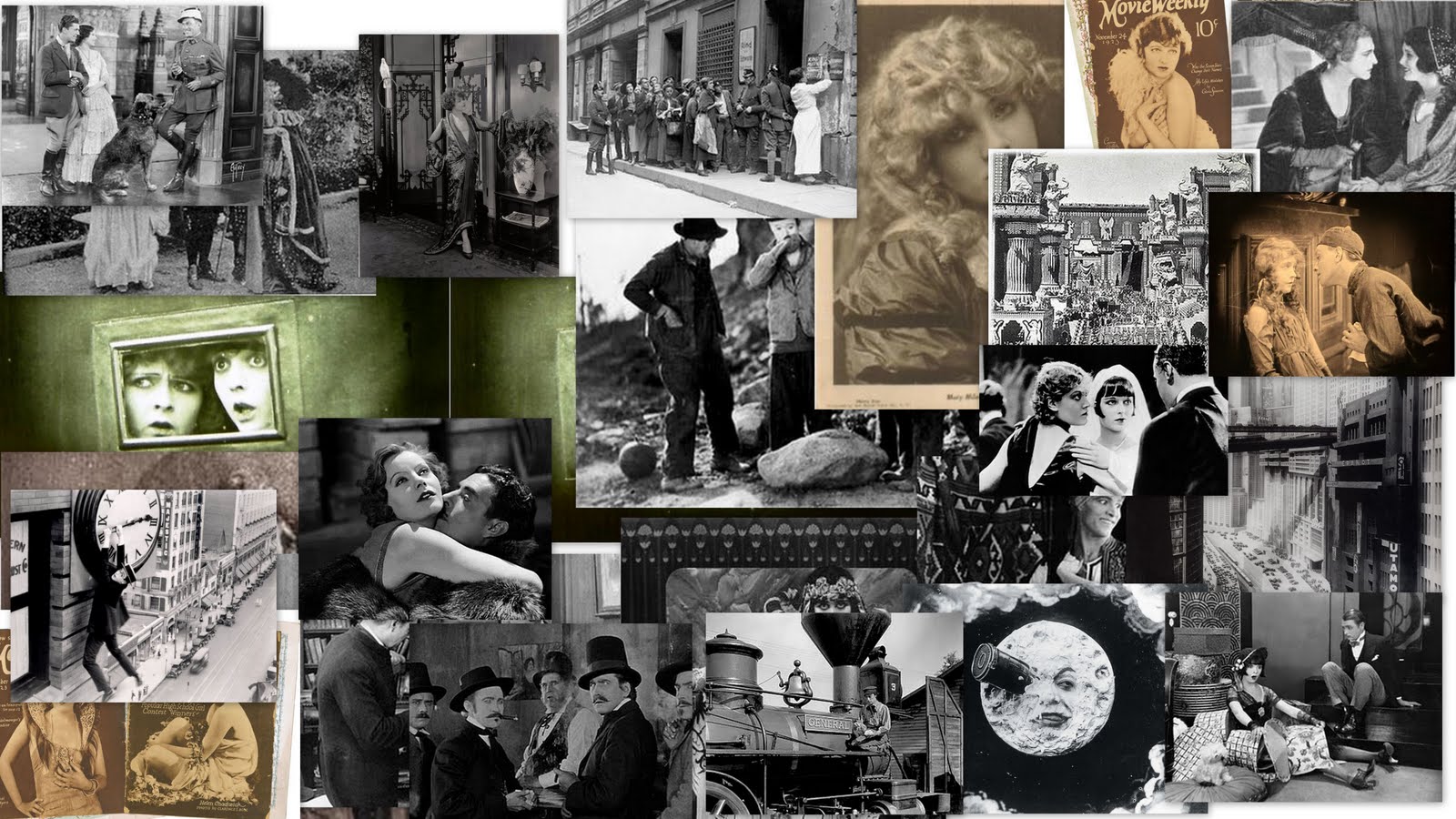Hollywood
making fun of itself, already a magical place at late 1920s, full of stars and
lively parties, this film even included the cameos of real Hollywood stars as
themselves, like Charlie Chaplin, Douglas Fairbanks and John Gilbert. This film
also shows the traps of fame and pride and how fast things could change to the
best or the worst. A delicious comedy, with impeccable comedy timing, showing
that MGM was not only good with dramas and epic movies, but also with comedies.
Marion Davies
became infamous by her long-term relationship with millionaire William Randolph
Hearst and by the negative impact It had over her career. But, in reality,
Davies had an innate talent as a comedian and in the few films where she could
show such talents she never disappointed the audiences. Ironically, the film
shows the dichotomy between drama x comedy and that some people thought that
dramatic films and plays were superior to comedies, specially slapstick
comedies. The irony is that it was
exactly the opinion Hearst had about Davies career, which would be unworthy of
her dignity to act in comedies, and Hearst’s interference in her films did more
harm than good to Davies in the long run.
A colonel
from Georgia takes his young daughter (Peggy Pepper) to Hollywood in the hopes
of showing the studios she is a good actress. Peggy gets immediately enchanted
with Hollywood and upon her arrival she bumps into John Gilbert on the street.
Yes, the man himself, already a mega star and famous all over the world. She
seemed to be a rather naïve girl, not used with the bright lights of the big
city and unaware of how competitive things were in Hollywood but she would soon
realize it.
Peggy is
befriended by a guy (Billy Boone) who helped her get into films in a small
studio by acting in slapstick comedies. At first, Peggy was not happy with that
because she expected to be into high-class dramatic films rather than in
custard pie, physical comedies. But it turned out that her comedic talents were
acknowledged and the audiences really liked Peggy’s films.
After a
while, Peggy is “discovered” by a bigger studio, where she could act in the
high-class dramas she had always dreamed about making. At first, she hesitated to leave Billy behind,
but, as time passed, she was induced by her new leading man to acquire a
completely new personality and hanged out with new friends, ignoring Billy. Meanwhile, Billy was still struggling in the
same way he did before. Billy even tried to see Peggy, but she did not care
very much. As her career progressed, she even pretended she did not know Billy.
Eventually,
Peggy became so full of herself that her behavior even started interfering with
her work in films, especially because she started to act like a royalty member
rather than an actress who owed obedience to her bosses and had
responsibilities to handle. And Billy would not let Peggy forgetting him
easily, especially after knowing she was about to marry her new leading man. He
tried to make Peggy come to her senses, but there was a fight involving a
custard pie. The clash eventually had a good result and Peggy started to see
things in a more reasonable way. She cancelled her convenience marriage and
recommended Billy for a role in one of her films and, even more importantly,
she was finally grateful for everything Billy had done for her in the old days.
Then, they both realized their old good connection and love flourished between
Peggy and Billy again.

No comments:
Post a Comment